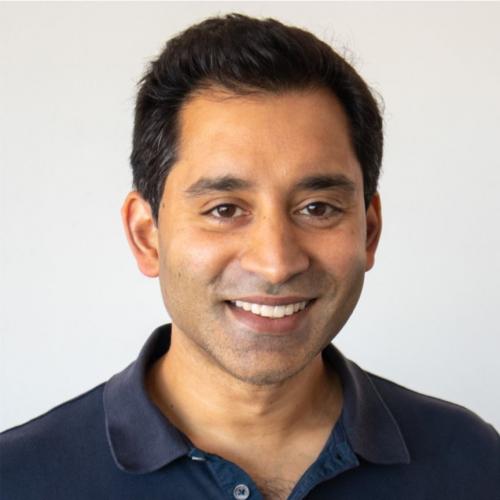
Krishna Yeshwant
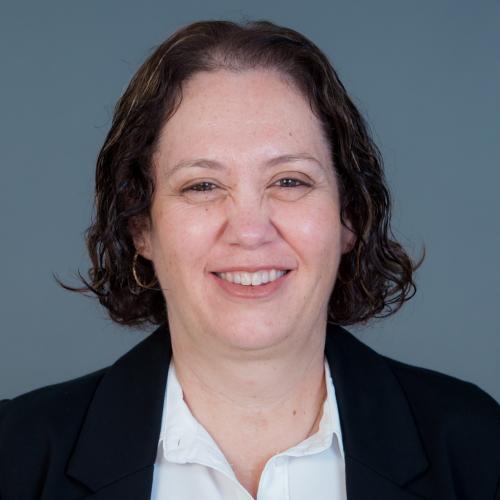
Michal Daniely
Michal is the Director of the Microbiome Initiative within Merck KGaA. In this role, she is responsible for developing technologies and products to advance microbiome research. Over the past 4 years, Michal has been deeply involved in shaping the company’s strategy within the microbiome research field to support the growing need in this market. The company is using core technologies such as microbial fermentation, Next Generation Sequencing (NGS), Mass Spectrometry (MS) for metabolomics & proteomics and more, to develop tools for microbiome researchers around the globe. Michal earned her PhD degree in Human Genetics from the Sackler Medical School, Tel Aviv University, Israel. She is the author of many peer review papers and is bringing significant scientific experience. Prior to joining Merck KGaA, she held different roles in medical device and pharma companies, where she managed the R&D activities.
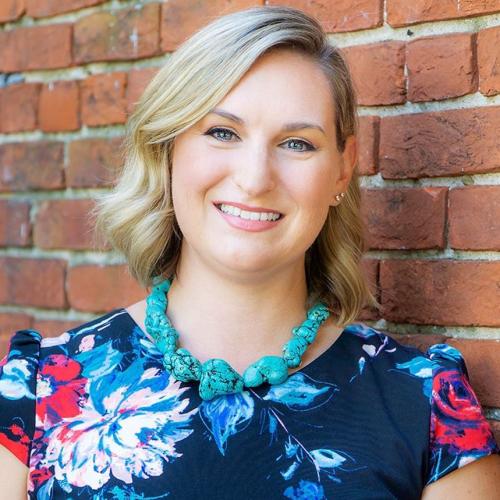
Katie Schubert
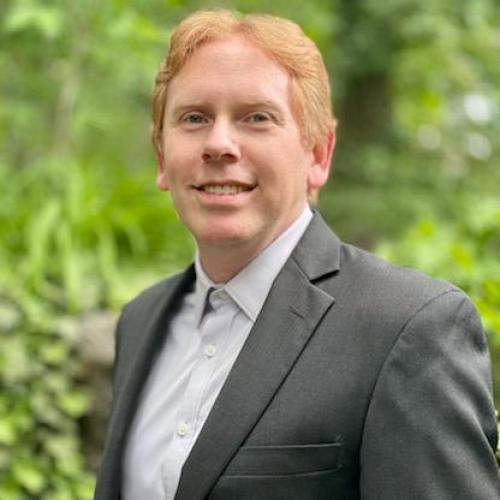
Joseph Maxwell
Dr. Maxwell trained as an immunologist at Oregon State University and the University of Connecticut Health Center. He spent 15 years supporting early target discovery and program leadership at Amgen, AbbVie, and Finch Therapeutics with an emphasis in inflammatory bowel disease. He is currently an Associate Director of Translational Research and Biomarkers at Takeda supporting clinical programs testing microbiome therapies and other novel modalities in IBD and celiac disease.
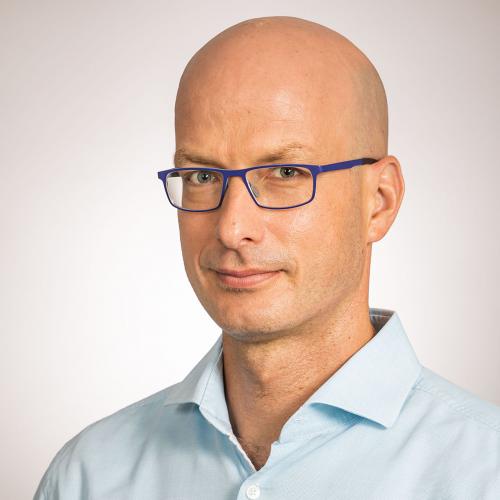
Jonathan Solomon
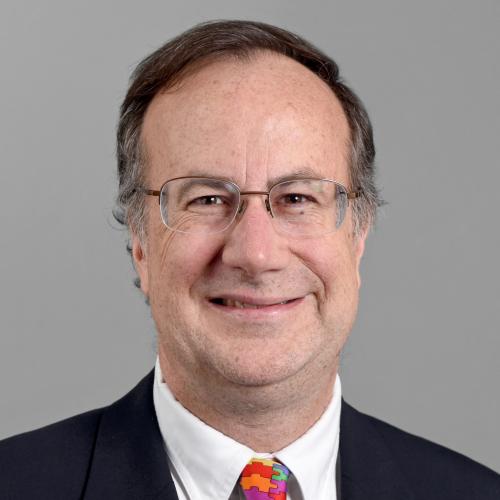
James Adams
James B. Adams, Ph.D., is the Director of the Autism/Asperger's Research Program at Arizona State University. His research focuses on the medical causes of autism and how to treat and prevent it including the areas of nutrition (vitamins/minerals, essential fatty acids, carnitine, digestive enzymes, special diets), oxidative stress, gut problems, gut bacteria, toxic metals, and seizures. He has published over 150 peer-reviewed scientific articles, including over 50 related to autism. He is also the President of the Autism Society of Greater Phoenix, the President of the Autism Nutrition Research Center, the co-leader of the Scientific Advisory Committee of the Autism Research Institute, and chair of the Scientific Advisory Board of the Neurological Health Foundation. He has an adult daughter with autism.
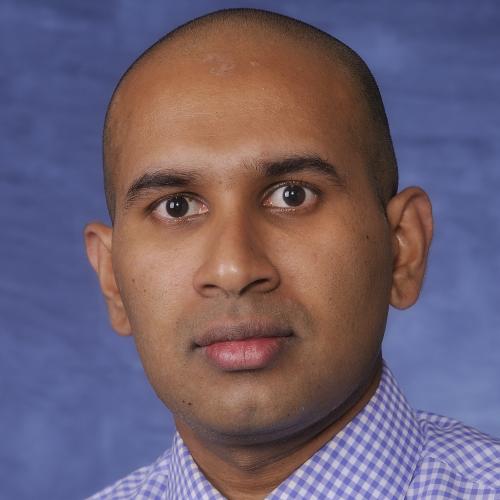
Diwaker Daver
Bio: Dr. Davar is a translational oncologist whose research interests lies in translational cancer immunotherapy and early-phase clinical trials. He has been instrumental in the development of first-in-human studies evaluating novel agents targeting TIGIT, GITR, TIM-3, CTLA-3 and other immune checkpoints. Based on emerging data implicating intestinal dysbiosis in mediating non-response to PD-1 blockade, he developed a protocol evaluating fecal microbiota transplant in combination with PD-1 blockade to treat PD-1 non-responders. This first-in-human study was selected for funding by Merck to support the clinical costs. Results demonstrating that microbiome modulation reversed primary resistance to anti-PD-1 and augmented anti-tumor immunity were recently published in Science.
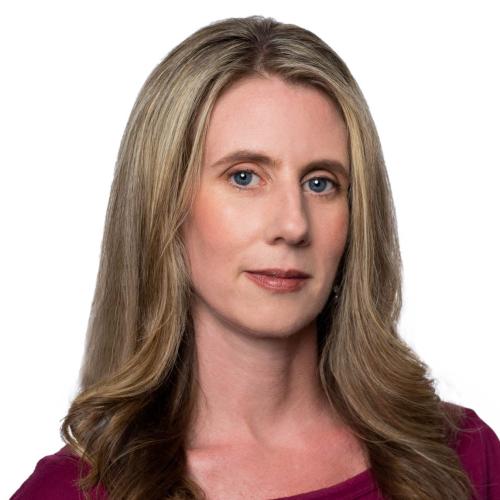
Nikole Kimes, Ph.D.
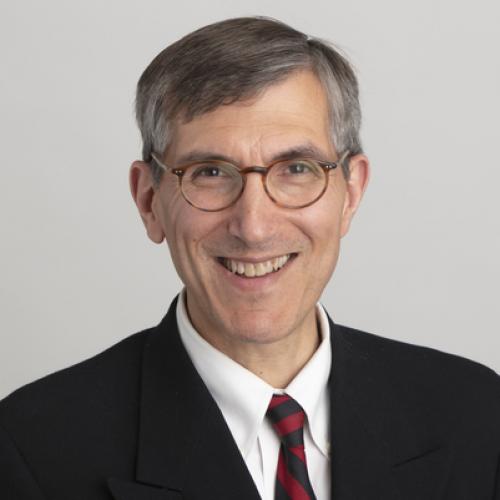
Peter Marks
Peter Marks received his graduate degree in cell and molecular biology and his medical degree at New York University and completed Internal Medicine residency and Hematology/Medical Oncology training at Brigham and Women’s Hospital in Boston. He has worked in academic settings teaching and caring for patients and in industry on drug development. He joined the FDA in 2012 as Deputy Center Director for CBER and became Center Director in January 2016.
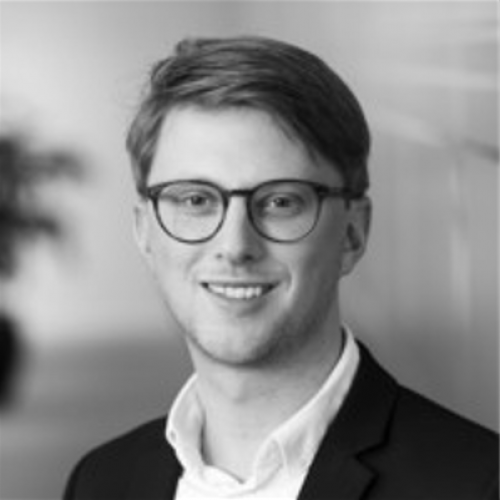
Frederik Madsen
Frederik is co-founder and CEO at Cirqle Biomedical, a women's health company developing OUI®.
OUI is a first-in-class non-hormonal contraceptive that works by topically reinforcing the natural barrier properties of cervical mucus to prevent sperm cells from reaching and fertilising the egg. The novel mechanism of action has been demonstrated to provide breakthrough efficacy in pre-clinical animal studies.
Cirqle has been awarded the Index Award, dubbed the Nobel Prize of the design world, and has been featured by amongst others Forbes, CNN and Wired Magazine for its pioneering work.
Frederik brings unique experience on the opportunities of applying human-centred innovation in women's health. He holds a MSc in Management of Innovation and Business Development from Copenhagen Business School.